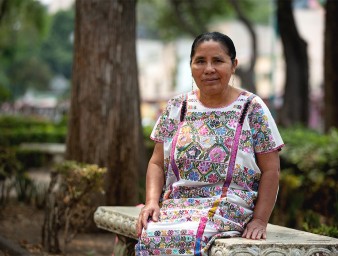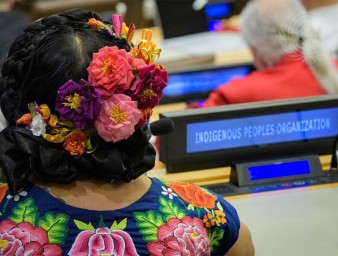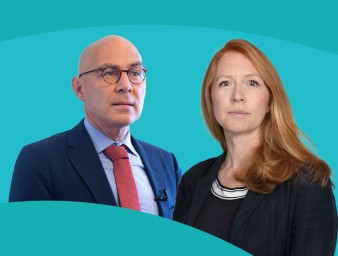Mexican actor Diego Luna and director Santiago Maza advocate for the right to freedom of expression
03 May 2024

“Today I can say that the civic conscience I have is due largely to the work and courage of journalists in my country, which is the source of my motivation and indignation at the conditions in which they carry out their work,” said Diego Luna, internationally renowned Mexican actor, director, producer, and advocate for the rights to freedom of expression and access to information.
“In a country like Mexico, with such a high level of impunity, journalism is essential. Independent journalism brings us closer to the truth,” Luna said.
This concern to highlight the importance of press freedom led Luna to produce the documentary film State of Silence, directed by Santiago Maza, Mexican documentary filmmaker and advocate for the rights to freedom of expression and access to information.
“I love telling stories and journalism is how we can find order and meaning in the way we narrate our daily lives; journalists are the ones who tell us our own story,” said Maza about his motivations for getting involved in this project.
The documentary film State of Silence portrays the risky reality that many journalists live in Mexico, but for Luna, the reality in that country reflects what is happening globally. The impact campaign of State of Silence was presented at the International Film Festival and Forum on Human Rights in Geneva last March.
“State of Silence also seeks to make us remember and empathise with what journalism is today, with what journalists do today,” Maza said. “Journalists are sometimes their own media [entity] — they write, they gather material, they interview, they edit, they publish.”
For Luna and Maza, documentary films are a key tool to defend media freedom. They believe documentary films can spark change.
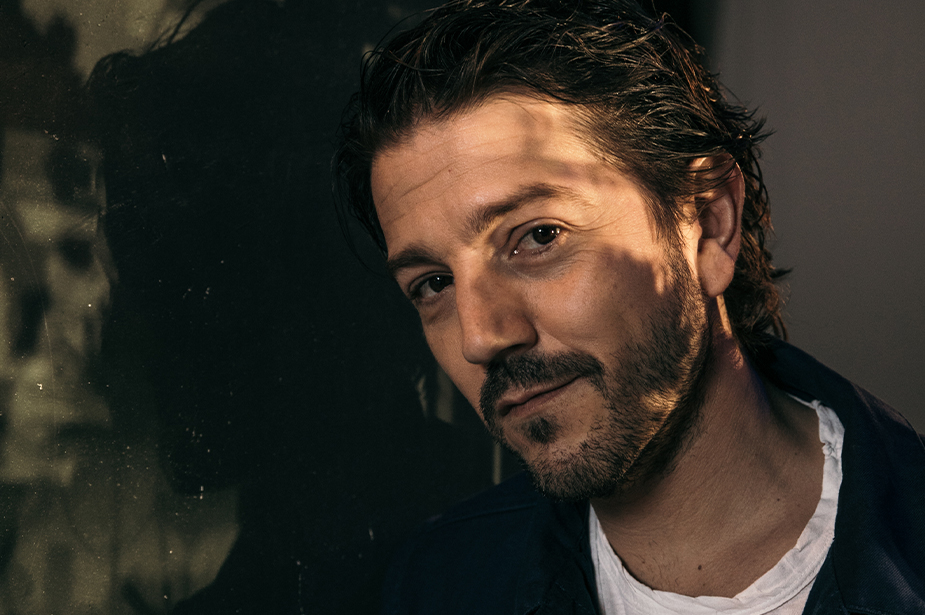
Photo of Diego Luna. © Karla Lisker
“
That's the power of documentary films: they tell you a specific story, but if you take a step back, you realise that that story is like many others, and that in the end, what it speaks about is the danger that silence can bring to our societies.
“
Diego Luna, Mexican Actor, Director, Producer
Protecting journalists
“When a journalist is killed, thousands of people are silenced, hence the seriousness of what is happening in my country at the moment,” Luna said.
“In Mexico, journalistic work carries significant risks,” said Jesús Peña Palacios, Deputy Representative of UN Human Rights in Mexico. “By dedicating themselves to informing the public, journalists and media workers have been victims of different types of attacks ranging from harassment and surveillance to disappearances and murders. These attacks also indelibly affect the right to information of society as a whole.”
Since 2019, UN Human Rights documented that at least 49 journalists and media workers (including four women) were killed in possible connection with their work in Mexico. In addition, 20 were disappeared, of whom 15 regained their freedom and five remain missing. Sixty percent of them had suffered previous incidents and 30 percent had formally filed a complaint.
“Despite this violence, despite the injustice, journalists in Mexico continue to work and have not stopped telling what is happening in our country. As a society we must recognise that, we must care about them, we must connect, we must tell their stories inside and outside Mexico and let the whole world know what is happening in that country,” Luna said.
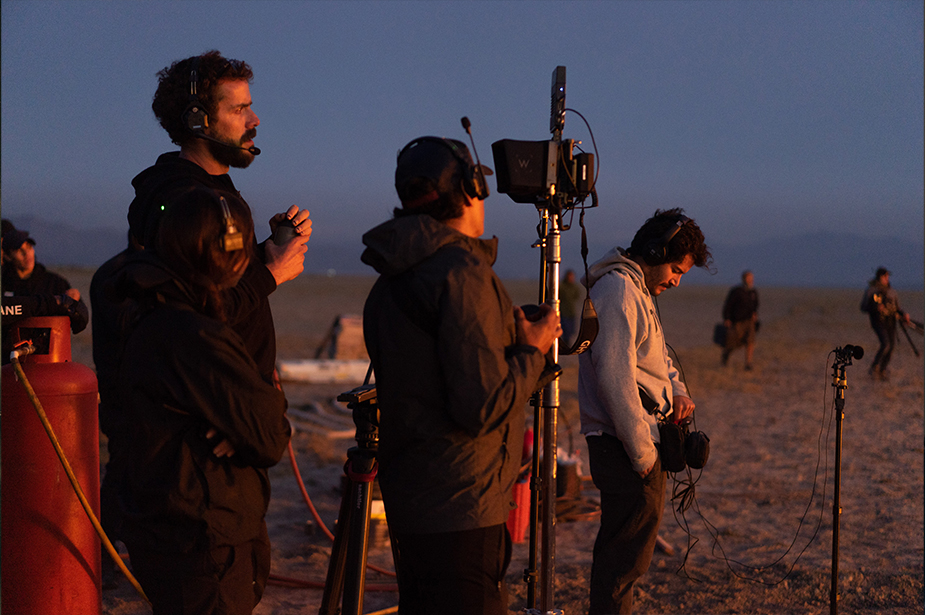
Still of Santiago Maza directing the documentary film State of Silence. © Lorenza Clapp
“
For us it is essential to make the viewer understand that every time a journalist is killed and silenced there is a light that fades away, a life that is lost and that that has an impact on their families and their colleagues and the media. And at the same time, it also has an echo in the communities they portray.
“
Santiago Maza, Director of the documentary State of Silence
For Luna, the involvement of international organizations is fundamental for this situation to have an echo outside Mexico. This is why Luna and Maza met last March with UN Human Rights Chief, Volker Türk.
“When democracy is threatened and the safety of journalists at risk, so too is the foundation of our societies,” Türk said during his meeting with Luna and Maza.
Türk thanked Luna and Maza for raising awareness of the importance of standing up for freedom of expression, democracy, and the safety of journalists.
“We need independent, ethical and quality journalism perhaps now more than ever. On the climate crisis – and on all crises - journalists serve as the ultimate allies in human rights,” Türk said in his statement to mark World Press Freedom Day. “Because in their pursuit of facts, evidence and accountability, we have one of our best hopes to build societies based on truth and trust.
According to Türk, 2023 marked one more devastating year for journalism with 71 killed journalists. It was a year characterised - again - by impunity. Only 13 percent of the murder cases have been investigated. In addition, 320 journalists and media workers were imprisoned, the highest number ever.
UN Human Rights supports journalists and the media by backing opportunities to improve the civic space at country level, while enhancing strategic responses to threats; strengthening good protection practices, including supporting networks; raising visibility for the work and situation of journalists; supporting the work of protection mechanisms at country level; and advocating for a free, independent, and pluralistic press as a means to strengthen democratic societies, amongst other actions.

Diego Luna and Santiago Maza meet with Volker Türk. © OHCHR/Petre Oprea
“There cannot be a healthy democracy without a free press and, in addition to the right of journalists to do their work freely, there is another right that must be defended, which is the right that we as citizens have to have access to free information,” Luna said.
For Maza, freedom of expression and the safety of journalists are essential to a democratic society because journalists are the bridge between citizens and their contexts and realities, and decision-making processes.
“Journalists doing their jobs freely and without censorship means that we have access to understand what is happening in our communities, in our states and countries,” Maza said.
“Democracy requires a free, healthy, and diverse press in terms of perspectives and points of view,” Luna said. “Only then can there be a society that can make the best decisions.”
